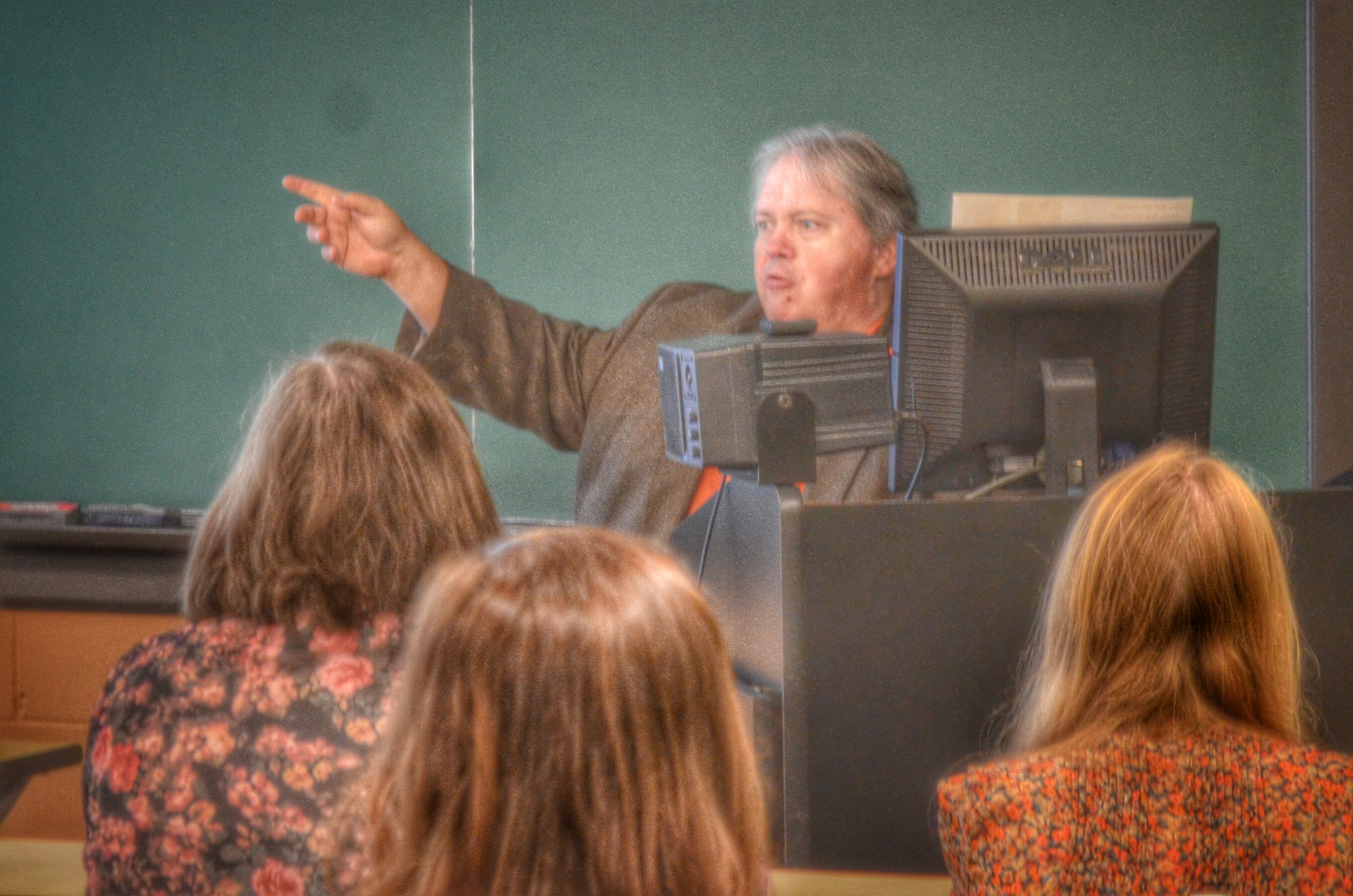Freshman students are now required to take one University Core (UC) 100 course to fulfill a graduation requirement.
These Freshman Year Seminars (FYS) have been added to the University Core requirements following Capital’s participation in Foundations of Excellence, a nationwide program that assists higher education schools in measuring the effectiveness of the university’s programs on first-year students.
Capital was selected to take part in this project in 2012, when a group from the university traveled to North Carolina to take part in meeting to prepare for the upcoming changes.
Throughout the 2012 school year, the team composed a list of 146 possible actions that could be taken to improve the experience of students in their first year. Those 146 ideas were narrowed down to nine, one of which is the idea for FYS.
Among the group who traveled to North Carolina was the Dean of Studies, Dr. Jody Fournier.
“We have been considering general education reform for years,” Fournier said.
The first step in that process is the introduction of the UC 100 courses, which, as part of the Foundations of Excellence program, not only allow professors to be more creative with their classes, but also help freshmen transition from high school classes to college classes.
This year, nine FYS were introduced, covering topics from Ambient Awareness to Inventing the West to Comedy. The professors range from several different departments on campus, including English, science, history, and others.
Students are encouraged to take a class that is at least slightly related to their major, but, if another sounds interesting, they are free to take it instead.
Dr. Kathryn Bell and Dr. Michael Torello teach UC 100-05, Science and Pseudoscience.
“The course provides an opportunity for us to creatively engage with students about the course material,” said Bell. “For example, we often have structured in-class activities that allow students to practice critical thinking skills that they’re learning through the investigation of paranormal claims such as astrology, urine therapy, and homeopathic medicine.”
Bell’s statement clearly satisfies one of the objectives of the FYS: learn to use the tools, rules, and strategies of critical thinking.
Other objectives for the courses include developing strategies of critical reading, gaining visual and information literacy, practicing effective modes of communication, and exploring an area of inquiry from interdisciplinary perspectives. Students will also reflect on the physical, intellectual, emotional, and social changes they experience in their move to the higher education community.
Introduction to Discussion and Debate, UC 100-08, is taught by Dr. Steve Koch. The course focuses on improving student’s speech through daily discussions on current events, prepared speeches, and debates.
Although the class has a syllabus that lists the major topics and events to take place during the semester, Koch “treat[s] it as a true seminar, which means that student interests and contributions can amend the syllabus at almost any time.”
Students may not be subjected to the usually rigid class schedule while taking the FYS.
In International Studies, UC 100-07, students are focusing on the Middle East “with a specific interest in the significant place of Christians and other minorities in that early Islamic World,” said Dr. Jonathan Loopstra. “In other words, we are looking at how powerful and influential religions can die.”
Loopstra also states that the course focuses on several disciplines, including history, political science, religion, and literary studies.
Rebecca Neubig is currently enrolled in the Youth Rebellion course, UC 100-01, in which she is learning about youth rebellion by watching movies and reading novels on the subject.
“I enjoy having a class that encourages the students to learn by interacting with each other,” Neubig said. “Hearing the thoughts and opinions of my peers has opened my eyes to the diverse perspectives and has helped me have a more open mind.”
From Neubig’s view, the FYS seem to be working as they should be.
According to Fournier, the classes are not open solely to freshmen. Next semester, if an upperclassman wishes to take one of the classes and there are seats open, he or she may enroll.
“We think it’s important for first years to transition successfully, especially for first generation students,” Fournier said.
Fournier is still a member of the team that is continually trying to make freshmen’s experience on campus better.
Research has shown that new students who are better integrated into college are more likely to succeed, and, according to the Foundations of Excellence website, schools that help integrate their first years had enrollment gains, retention gains, improved academic affairs, faculty, and student affairs collaboration, and many other positives.
In the coming years, students and faculty will hopefully begin to experience beneficial changes regarding their experience.

